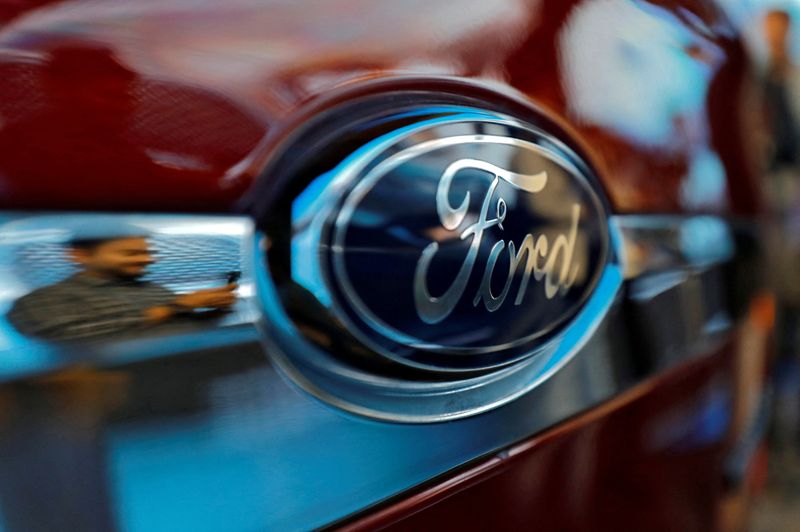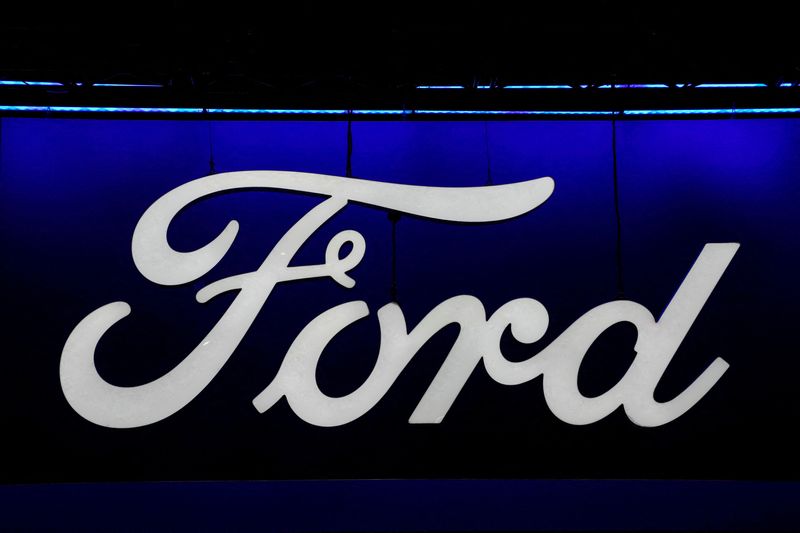By VarunVyas Hebbalalu and Aditi Shah
BENGALURU (Reuters) - Ford Motor (NYSE:F) said on Friday it plans to restart manufacturing at its factory in the southern Indian state of Tamil Nadu, two years after it ended production in India, the world's third-largest car market.
The major U.S. carmaker said it intends to use its shuttered Chennai plant in Tamil Nadu for manufacturing for export but did not give details of what it will build. Ford previously built both cars and engines at the factory.
"The move will see the facility re-purposed to focus on manufacturing for export to global markets," Ford said in its statement.
Ford stopped producing cars in India for domestic sale in 2021 after struggling to boost volumes and pulled the plug on export car production there in 2022, effectively exiting a huge market dominated by Asian rivals.
The automaker still builds engines in India for export at its factory in the western state of Gujarat. If it decides to restart car manufacturing in Chennai, it would mark a re-entry for the brand's vehicle business.
"This step underscores our ongoing commitment to India as we intend to leverage the manufacturing expertise available in Tamil Nadu to serve new global markets," Kay Hart, president, international markets group at Ford said in a LinkedIn post.
Hart said the company has submitted a letter of intent to the state government and details about the type of manufacturing and export markets will be shared later.
Ford's comments come two days after Tamil Nadu's chief minister said that the two were in talks to restart manufacturing in the state for exports.

The automobile hub of Chennai is home to several carmakers such as Hyundai Motor (OTC:HYMTF), Nissan (OTC:NSANY) Motor and Renault (EPA:RENA). New entrants like Vinfast and Tata Motors (NYSE:TTM)' Jaguar Land Rover plan to build new factories there to construct electric vehicles.
Ford's return to India will lead to an increase in its workforce by up to 3,000 people in the next few years from the 12,000 people it currently employs, Hart said.
